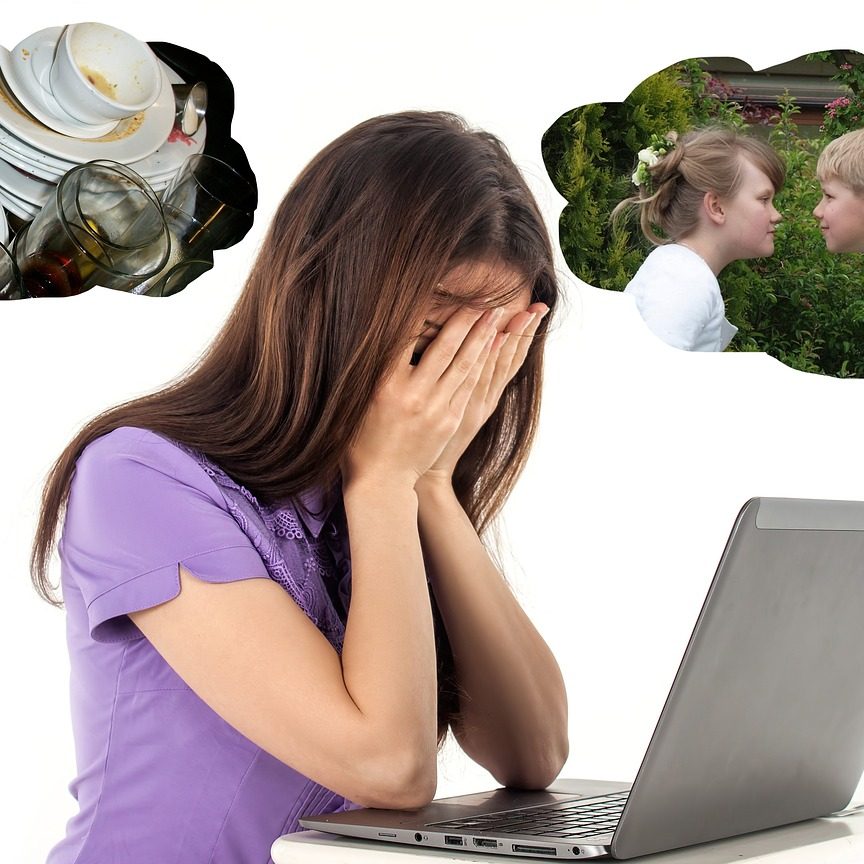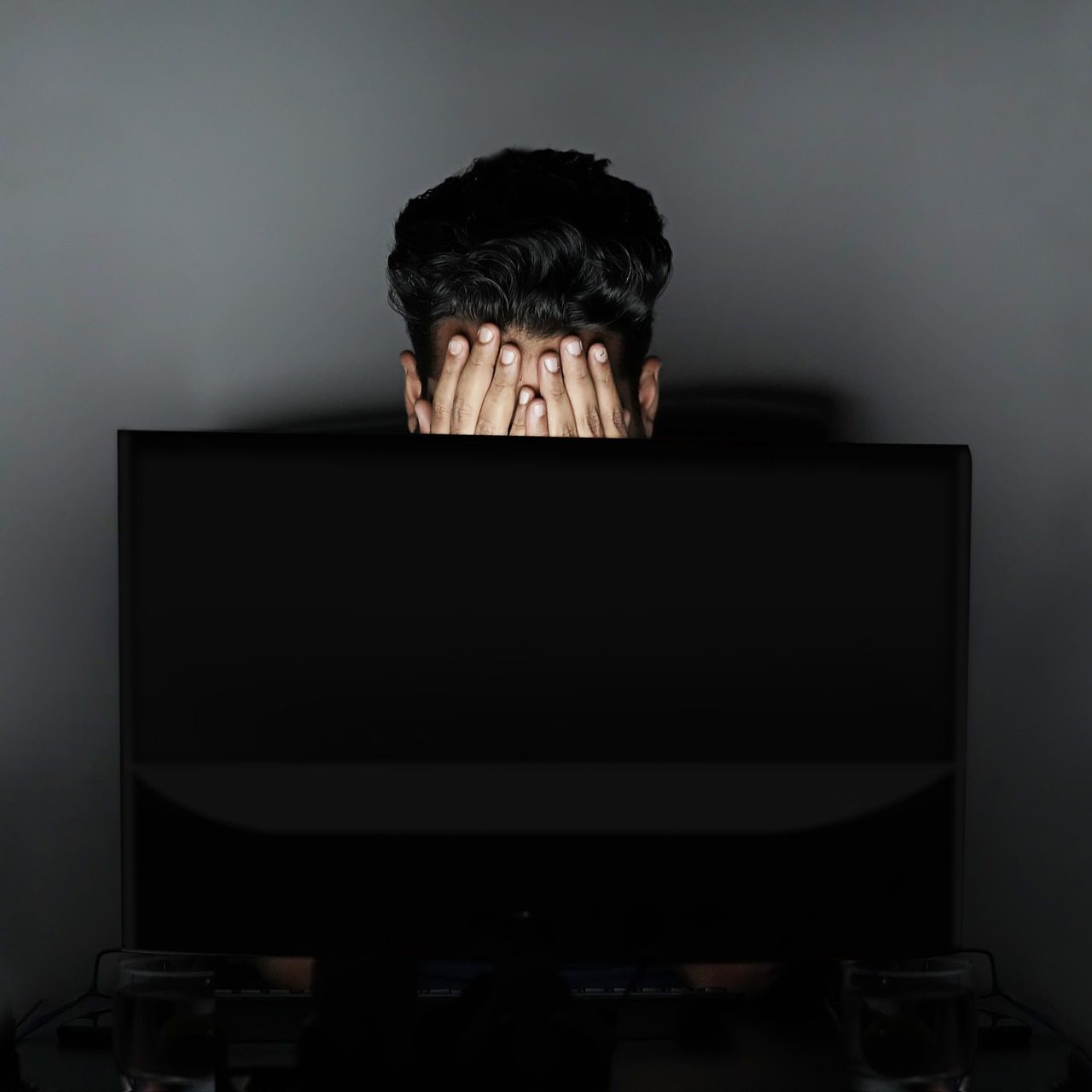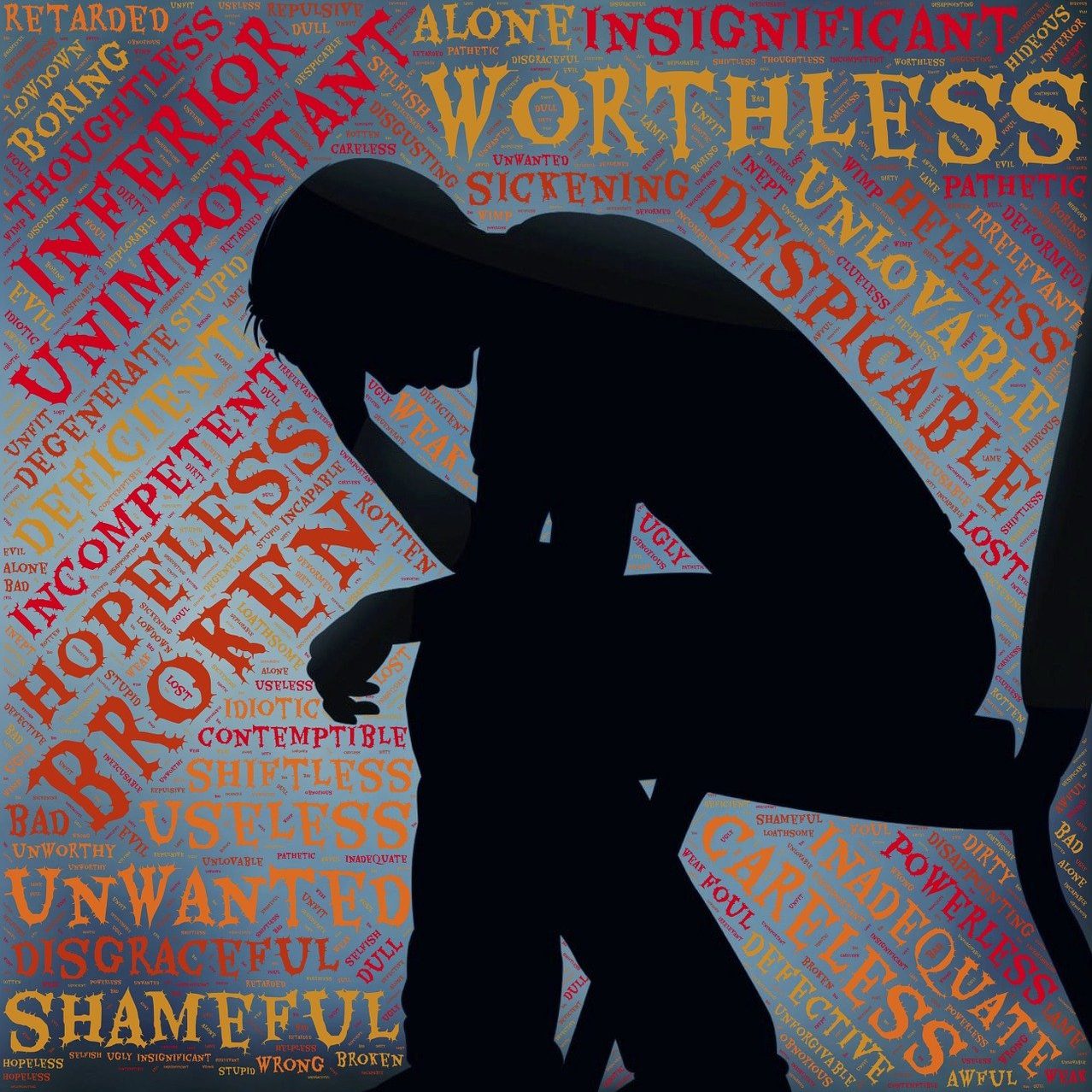What is it?
Often people experiencing syptoms of depression may avoid seeking help as they wonder if there is something significantly wrong with them. One typical fear is that they are going crazy. Unfortunately when speaking to well meaning friends or relatives the advice they receive is “Just get over it” which is not helpful. Just remember depression can affect any kind of person at any stage of life. It is not the result of someone who is “weak” or not able to “handle” life. Nor is it fictional, rather it is a real often physiological problem that when treated can be overcome.
Clinical Depression or Depression?
The term “depression” is commonly used in everyday life to describe a sad emotion, unhappiness or a stressful time in their life. Periods of depression through a persons life span is perfectly normal and these periods are more often than not short periods of time. Depression is very common, on average, one in five people will experience depression in their lives (1 in 4 females and 1 in 6 males). Due to the term “depression” being used so frequently it is important to understand the difference between depression and the symptoms of clinical depression.
Clinical Depression
Clinical depression is a term that not only describes one illness but a group of illnesses that is characterised by an excessive or long-term state of depressed feelings and mood. Clinical depression is commonly comorbid with anxiety. There are an extensive list of treatments for depression; treatment for depression is very effective.
Types of Depression:
- Bipolar Disorder
- Dysthymia
- Post-Natal Depression
- Seasonal Affect Disorder
Some symptoms of depression include:
- Feeling sad or empty
- Decreased interest or pleasure in activities
- Appetite change with weight loss or gain
- Decreased or increased sleeping
- Fatigue or loss of energy
- Ittirability
- Difficulty thinking or concentrating
- Recurrent thoughts of death or suicide
What can I do?
In conjuction with consulting a professional, some activities can assist in dealing with depression.
- Diets- an excessive consumption of alcohol can have negative outcomes; alcohol is a depressant and therefore may be detrimental to psychological wellbeing. Additionally if individuals are on anti-depressant medication, alcohol consumption may impede the effectiveness of the medication. Reduction of caffeine intake has also been seen to reduce levels of anxiety, caffeine can be found in coffee, tea, and a number of soft drinks.
- Exercise- aim to do regular exercise, finding a exercise buddy can be extremely helpful and motivate you to exercise regularly
- Relaxation - aim to spend more time outdoors, choose an activity that you like doing outside and schedule a time each week to fulfill this task. If an outdoor activity is not enjoyed then try and take an indoor activity outside;such as, reading, laptop, drawing etc.
- Positive thinking- try cancel out the negative thoughts gradually, at the end of each day try and think of one thing that you have achieved or enjoyed.
How We Can Help
We offer a comfortable, therapeutic experience so you feel safe and secure when reaching out for help.
Anxiety
Anxiety and panic attacks can be very debilitating. There are a number of types of anxiety disorders and our trained psychologists can help in overcoming them.
Work Stress
Workplace situations can add to an individual’s personal stress levels. We can offer interventions and methodologies to assist in dealing with these stressors.
Relationships
Successful healthy relationships take work and can be difficult to succeed with. Our counsellors can offer guidance and assistance in helping you and your partner get there.
Depression
A very common problem which ranges from mild depression to clinical depression of which there are a number of types. Along with counselling – relaxation, positive thinking, diet and exercise can also help.
Self Esteem
Problems with how satisfied we are of ourselves can be changed. Individuals can do this but sometimes the help of a professional is needed, especially if low self worth is the result of other problems such as depression or anxiety.
AusPsychology
Our caring and highly qualified professionals in Brisbane are university trained, registered with the psychologists board and members of the Australian Psychological Society. They have extensive knowledge, skills, and experience in understanding people and their behaviour.
Get In Touch
07 3367 0333
Find Us
Milton Village Medical
Level 1/36 Baroona Road
Milton QLD 4066




